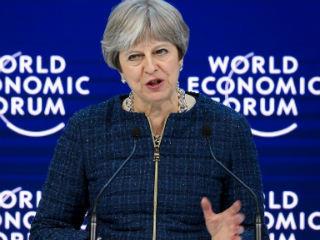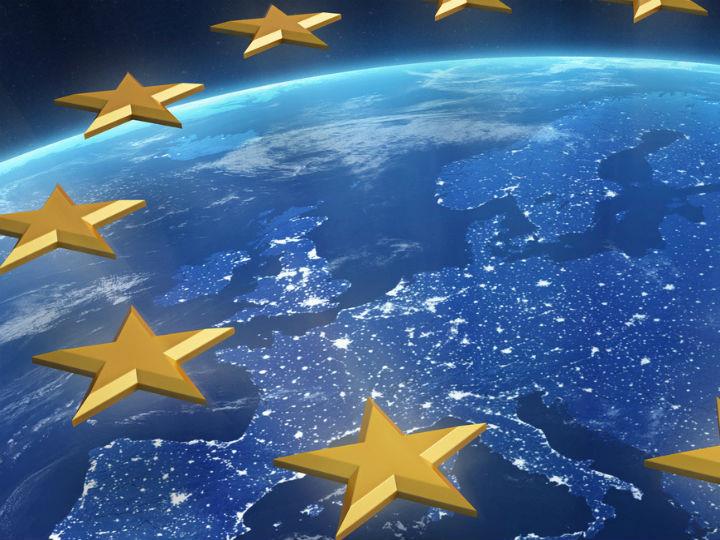
As the UK leaves the EU, it will still be an advocate of global trade, making new bilateral deals with countries across the world, says the British PM.
Theresa May, the UK’s first female Prime Minister since Margaret Thatcher, was previously one of the longest serving home secretaries in British history
Her time time in office has been dominated by the fallout from Britain’s vote to leave the European Union in June 2016, and negotiations with the EU on the exact details of Britain’s divorce from the bloc are still ongoing.
The ultimate effects of the UK’s departure from the EU, which is slated for 2019, are unclear. The two sides have reached first agreements on a financial settlement, but still need to agree on many practical details, and are expected to pursue further talks on trade.
One year ago, May starts by saying, she stood on this platform and argued that the benefits of free trade were not being felt by all, and failure to address this threatened the system on which global prosperity depends.
But I also argued that we could fix this, she adds, by doubling down on the principles that make globalization work for everyone.
One year on, I see reasons for optimism, May says. Global growth has strengthened, the far-right and far-left have not made the progress some people predicted. We've also seen important progress on global trade, she adds.
As the UK leaves the EU, it will still be an advocate of global trade, making new bilateral deals with countries across the world, says the British PM.
Technological progress is fundamental to the advance of humanity. But this progress also raises newfound challenges that we need to address, she says. People will worry that they will miss out on the jobs of the future.
How do we address these concerns?
Business and government working together is crucial, May says. It is free markets that drive innovation, but government can create the conditions that allow business to grow and for people to learn the skills they need to participate in this new economy.
May argues that the UK has become a centre of AI. There has been a new AI start-up created in the UK every week for the past few years.
Technologies like the internet were developed with a philosophy that connecting us together would improve people’s lives, May says.
And in many ways they have. But so far, that hasn’t been completely true for everyone.
A survey in the UK has found that 7 in 10 people believe social media companies do not do enough to stop illegal or unethical behaviour on their platforms, prevent the sharing of extremist content or do enough to prevent bullying, she adds.
In response to this, the UK is developing a digital charter, she says, at the heart of which is a set of principles:
That the same rights people have offline should be protected online;
That the internet should remain free, open and accessible;
That people should understand the rules that apply to them when they are online;
That personal data should be respected and used appropriately;
That protections should be in place to help keep people safe online, especially children.
And that the social and economic benefits brought by new technologies should be fairly shared.




 By: N. Peter Kramer
By: N. Peter Kramer
